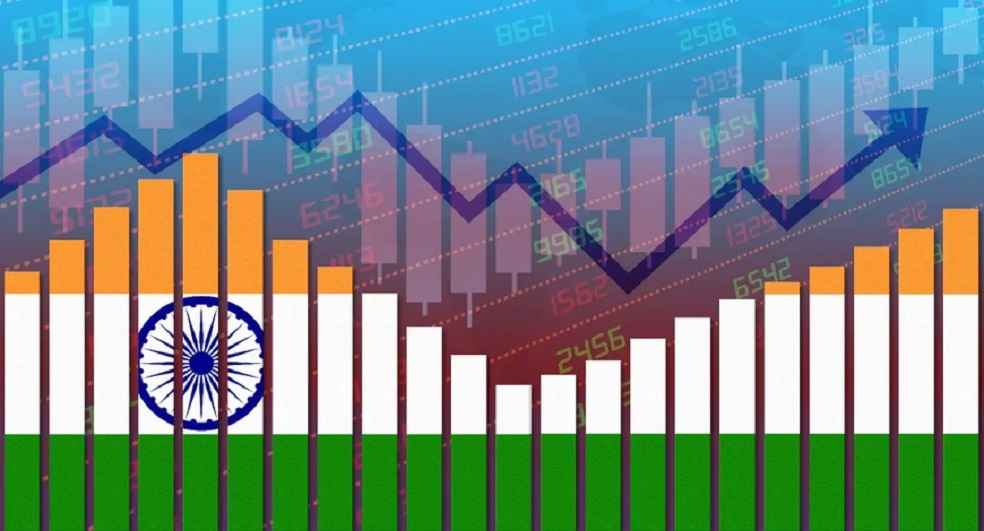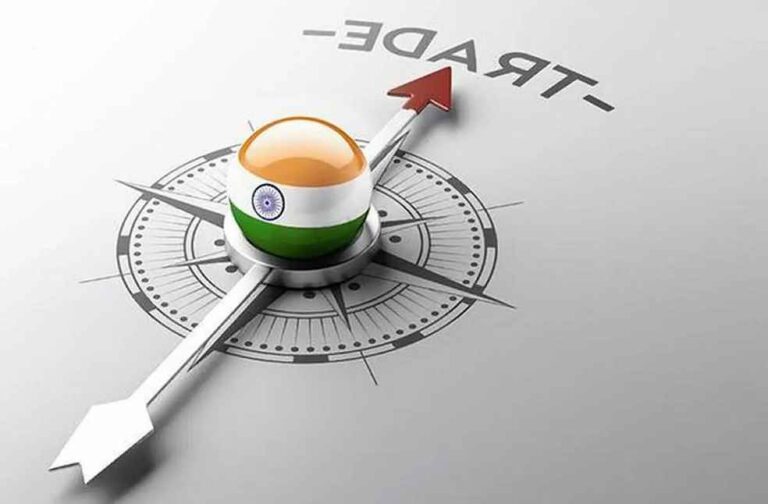India has temporarily halted negotiations on new free trade agreements (FTAs) as it reassesses its trade strategy. The government’s move aims to ensure that future agreements better serve the country’s economic interests.
Key concerns include preventing unintended concessions, curbing third-country goods, especially from China, via partner nations, enhancing market access for domestic industries, resisting strict sustainability clauses, and achieving a fairer trade balance.
Early-stage FTA talks with Peru and Chile are paused pending review, but negotiations with key partners like the UK and EU continue. This selective approach reflects India’s focus on strategically important relationships.

Data from the Global Trade Research Initiative shows imports from FTA partners rose 37.9% over the past five years to $187.92 billion, outpacing exports, which grew by 14.48% to $122.72 billion. This imbalance is pronounced with ASEAN countries, the UAE, Japan, and SAFTA members.
India is now cautious about making future concessions, informed by issues from the India-UAE FTA, particularly with gold, silver, and platinum imports. A key concern is third-country products, mainly from China, entering through FTA partners at preferential rates, such as goods from Indonesia and Vietnam under the India-ASEAN FTA. This has led to calls for tighter rules of origin.

India is also pushing back against non-tariff barriers from developed nations, especially on sustainability, labour, and environmental standards, and seeks fairer terms in negotiations with smaller countries.
In May, the Commerce Department held a strategic planning session with trade experts and officials to refine India’s approach to future FTAs, aiming to avoid past pitfalls and strengthen its position in global trade.
BUSINESS GENERAL | Pakistan Advances in Medical Device Production to Slash $2 Billion Import Bill



